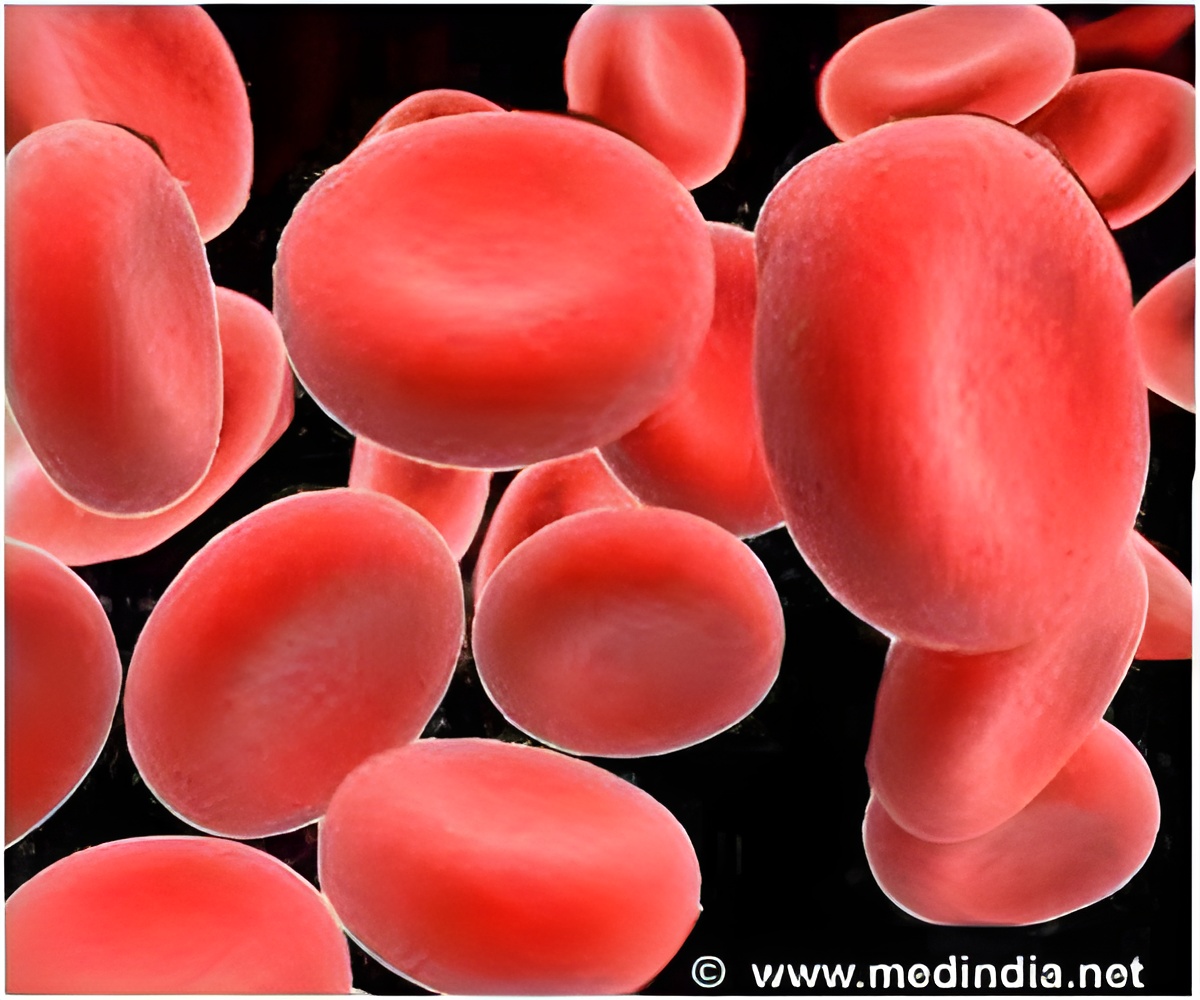
Although Aichel's theory was dismissed by his contemporaries, recent discoveries about the broader role of cell fusion in tissue homeostasis and regeneration have revived scientific interest in his ideas. Today there is strong evidence of fusion between cancer and normal cells in human cancer, but it has not been apparent whether cell fusion could provide cancer cells with a selective advantage that enhances cancer progression.
The OSHU researchers began by confirming that cells from various types of cancer could readily and spontaneously fuse with macrophages. By intensively studying the fusion-derived cancer cells, the researchers determined that these cells exhibited enhanced adhesive strength, formed tumors more rapidly than unfused cancer cells and flourished under conditions that dramatically inhibited growth of unfused cells.
"Overall, our findings demonstrate that spontaneous fusion of cancer cells with macrophages can profoundly and significantly impact the phenotype of tumorigenic cells, with implications for our basic understanding of cancer cell biology and the process of tumor evolution," the researchers said.
As cancer progresses, tumor cells acquire new capabilities, or phenotypes. They must grow in an uncontrolled manner, leave their site of origin and become resistant to anti-cancer drugs. Previous studies on the biology of cancer have revealed that cancer progression are determined by changes to the cancer genome, epigenetics, influences from the microenvironment, exosomes and the interplay with the immune system. The OSHU research implicates the fusion of cancer cells with macrophages as a new potentiator of cancer progression.
Advertisement














